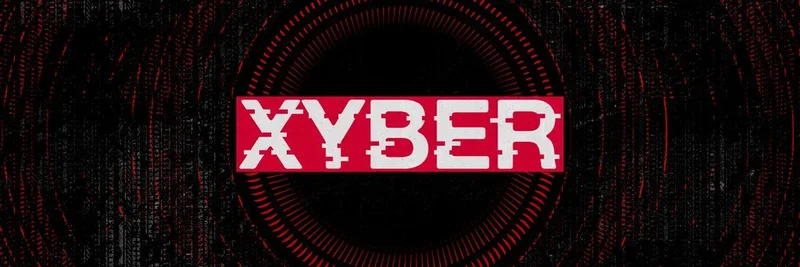The internet as we once knew it might be a thing of the past. A recent tweet from @frogNscorpion has sparked a lot of chatter, turning the "Dead Internet Theory" from a wild idea into something that feels all too real. Posted on July 1, 2025, at 23:52 UTC, the tweet suggests that the web is now a chaotic sea of bots and billions of new internet users from around the globe, leaving normal human interactions struggling to stay afloat. Let’s break this down and see what’s really going on.
What Is the Dead Internet Theory?
First off, the Dead Internet Theory isn’t some sci-fi plot—it’s a concept that’s been buzzing around for years. It posits that the internet has lost its human soul, overtaken by bots and algorithm-driven content. According to Wikipedia’s page on the topic, this idea gained traction around 2016-2017, with claims that bots now outnumber human posts, and search engines like Google filter out the good stuff. @frogNscorpion takes it a step further, saying it’s no longer just a theory but a fact we’re living through.
Bots vs. Humans: The New Online Battleground
In the tweet, @frogNscorpion paints a vivid picture: “Normal humans congregate and talk to each other in a sea of billions of bots.” These bots aren’t just random spam accounts—they’re sophisticated enough to mimic human behavior, making it hard to tell who’s real. Add to that the influx of “billions of third worlders who act about as human as a bot,” and you’ve got a digital landscape where genuine conversation is drowning.
This ties into a broader trend. With over 5.44 billion internet users worldwide in 2024 (Statista’s stats), the web is more crowded than ever. Many of these new users come from regions where internet access is just taking off, bringing different cultural norms and communication styles. @frogNscorpion suggests this creates “billions and billions of soulless voices,” which might sound harsh but reflects a growing frustration with the lack of depth in online chats.
Why It Matters for Meme Tokens and Blockchain
Now, you might wonder, “What does this have to do with meme tokens or blockchain?” A lot, actually! The meme token world thrives on community hype—think Dogecoin or Shiba Inu. If bots and low-engagement users dominate platforms like X, it’s harder to spot real enthusiasm versus fake pumps. Blockchain practitioners need to navigate this noise to identify genuine projects. @frogNscorpion’s thread could be a wake-up call to double-check those trending tokens— are they backed by humans or just bot armies?
The Emotional Toll of a “Dead” Internet
The responses to the tweet are telling. Users like @THERI0NdotAI called it “fucking depressing,” while @shangrila500 asked, “Can heaven truly exist, when you already live in hell?” This hints at a deeper issue: the emotional disconnect. Even with all this connectivity, people feel isolated. A piece from Continental Hospitals calls this the “loneliness paradox”—more online time, yet less meaningful connection.
What Can We Do?
So, is the internet doomed? Not quite. @frogNscorpion notes we’re “not 100% alone,” suggesting pockets of real humans still exist. For meme token enthusiasts, this means focusing on tight-knit communities—Discord servers, Telegram groups, or even niche X threads—where human voices can shine. Blockchain pros might also lean on decentralized platforms to cut through the bot clutter.
As we move forward, keeping an eye on this shift is key. The Dead Internet Theory might be reality, but it’s also a chance to rethink how we connect online. What do you think—have you noticed more bots in your feeds lately? Drop your thoughts in the comments, and let’s keep the human conversation alive!

